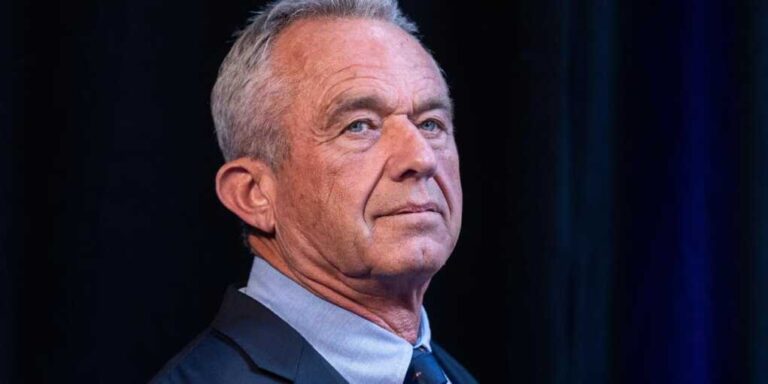
Health and Human Services Secretary Robert F. Kennedy Jr. has announced a sweeping effort to root out what he calls “corrupt medical incentives” tied to vaccinations, beginning with policies that reward doctors financially for administering shots to children.
Speaking at a press briefing, Kennedy explained that the Trump administration has already rolled back a “dangerous Biden-era provision” that encouraged hospitals to enforce vaccine mandates by tying federal payouts to staff vaccination reporting. Under that program, hospitals reported their compliance data to the National Healthcare Safety Network, where the Centers for Disease Control and Prevention published it publicly — effectively shaming any facility that resisted federal directives.
Kennedy argued that this kind of policy doesn’t promote better health care — it promotes compliance for profit. “It rewards certain treatments not because they’re better for the patient, but because someone profits,” he said. “Doctors are being paid to vaccinate, not to evaluate.”
The scope of the problem, Kennedy claimed, is far larger than most Americans realize. According to his department’s review, more than 36,000 doctors saw their Medicare reimbursements altered based on their rates of childhood vaccination. That means physicians who administered more shots got paid more — while those who prioritized patient-by-patient evaluation risked losing income.
“They’re pressured to follow the money, not the science,” Kennedy warned. “That’s not medicine. It’s coercion. It’s immoral. It has no place in a constitutional democracy or in a system that claims to protect children.” He stressed that the only factor in medical decision-making should be “the well-being of the patient, never a financial bonus or a government mandate.”
The move marks another step in the administration’s push to dismantle policies from the COVID era that critics say blurred the line between public health guidance and government overreach. Kennedy compared the incentives to the pandemic’s payment structures, where hospitals received additional federal funding for certain COVID treatments and reporting, leading to questions about whether financial motives influenced care decisions.
The announcement drew immediate praise from conservative commentators, who have long argued that government and pharmaceutical industry entanglements undermine medical independence. BlazeTV host Pat Gray reacted to Kennedy’s remarks by calling the change “just common sense,” while producer Keith Malinak noted that the idea of paying doctors based on vaccination numbers was “absurd on its face.”
Kennedy’s office says the review of federal health programs is ongoing, with investigators “scanning every corner of the health care system” to identify other incentive structures that could be influencing doctors’ judgment. While no timeline has been given, officials indicate that further reforms could target both public and private insurance systems.
The political ramifications are also notable. Kennedy, long known for his criticism of vaccine mandates, is now leveraging his position inside the Trump administration to enact tangible policy changes. Supporters see this as proof that the administration is delivering on promises to restore medical freedom, while critics accuse the team of undermining public health efforts.
Either way, Kennedy’s stance has injected fresh energy into the debate over how much influence the federal government — and its financial levers — should have in Americans’ health care decisions. For now, the administration appears determined to unwind any policy that ties medical paychecks to patient compliance, signaling a new era of resistance to what it views as politically driven health mandates.




